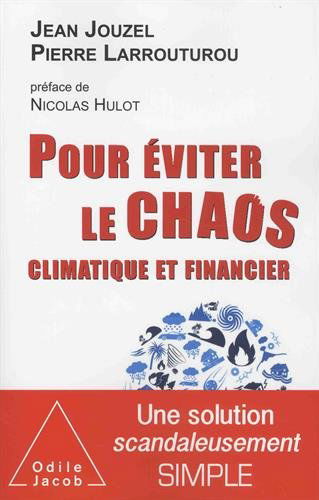PHILOSOPHIE ET ÉCOLOGIE
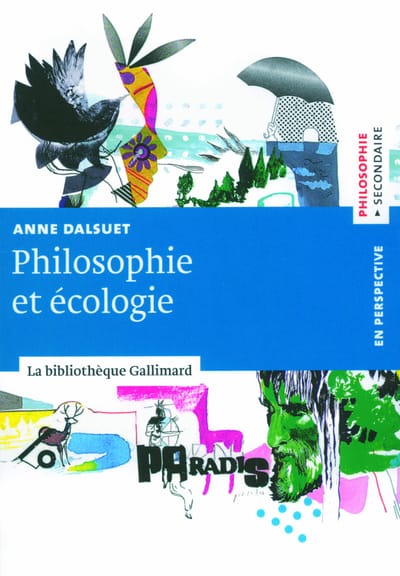
The origins of ecology
From its Greek origins, philosophy has been interested in nature, forming with culture a fertile dialectic, from Aristotle to Heidegger via Descartes, to name a few. But since the massive industrialization of the 19th century and its consequences, nature has been perceived as fragile and threatened. This new look forces us to ask again the philosophical and / or moral questions that the history of ideas had resolved: should man think differently about his relationships with nature? Is it a lost paradise for him that alters his identity? Should he protect it at all costs, deal with disasters, rebuild a new ethic, devise new political ideals? This synthesis, very documented, makes it possible to take stock of issues that the news makes every day more hot.
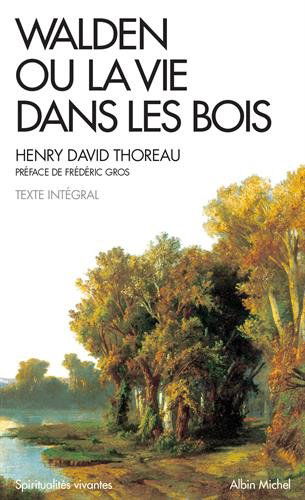
Walden or life in the woods
Walden or Life in the Woods (1854) has become the quintessential classic of nature literature, far beyond the environmental circle. This initiatory masterpiece has influenced successive generations of writers, from Proust or Romain Rolland to Jim Harrison who declared that this work had saved his life. Walden is the story of Thoreau's stay in a cabin on the edge of a Massachusetts pond. It is a deep reflection on the link that unites man with nature. These pages are an exhortation to the simplification of life in contact with the elements: "In proportion to the way in which one will simplify one's life, the laws of the universe will appear less complex, and loneliness will not be loneliness, nor poverty, poverty, nor weakness, weakness. "The hymn to nature is a work of wisdom that ranks among the classics of universal spirituality.
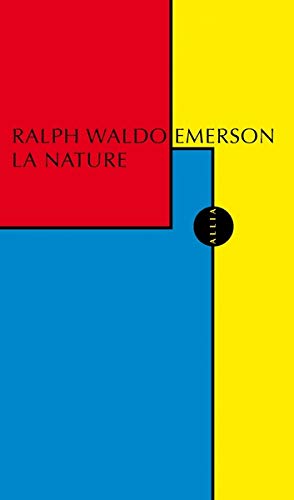
Nature
In Nature, his first work, Emerson lyrically exposes the philosophical principles that will guide his entire work: the intimate coherence of the universe, the fullness and harmony of the individual spirit, the symbolic correspondence between natural laws. and moral laws.
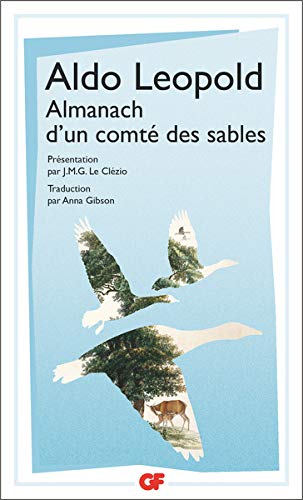
Amanach of a sand county
In the sand region of Wisconsin, in the northeast of the United States, lives Aldo Leopold, forester and ecologist. His Almanac, "a modest and learned little book", published posthumously in 1949, sets out to describe the infinite beauty of the Grande Prairie, its sweet smells and its colorful colors. Considered as the Walden of Thoreau, it quickly established itself as a classic of the writings devoted to nature and constitutes one of the founding texts of ecology. "Aldo Leopold's prophetic gaze on our contemporary world has lost none of its acuity, and the seed of his words still promises the magic of future harvests. This is a book that does us the greatest good" (JMG Le Clézio).
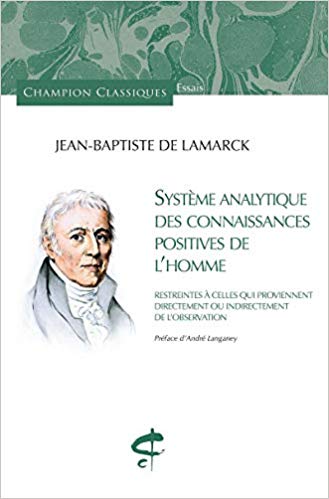
Lamarck: "The Man Destined to Exterminate Himself"
Man, by his selfishness which is too far-sighted for his own interests, by his penchant for enjoying all that is at his disposal, in a word, by his carelessness for the future and for his fellows, seems to work at destruction of its means of conservation and the very destruction of its own species. By destroying everywhere the large plants which protected the ground, for objects which satisfy its greed of the moment, it quickly brings to sterility this ground which it inhabits, gives place to the drying up of the sources, pushes aside the animals which found their subsistence there. , and the fact that large parts of the globe, formerly very fertile and very populated in all respects, are now naked, sterile, uninhabitable and deserted. Always neglecting the advice of experience, to surrender to his passions, he is perpetually at war with his fellows, and destroys them on all sides and under all pretexts: so that we see populations, formerly considerable, s 'impoverish more and more. It seems that man is destined to exterminate himself after making the globe inhabitable.
